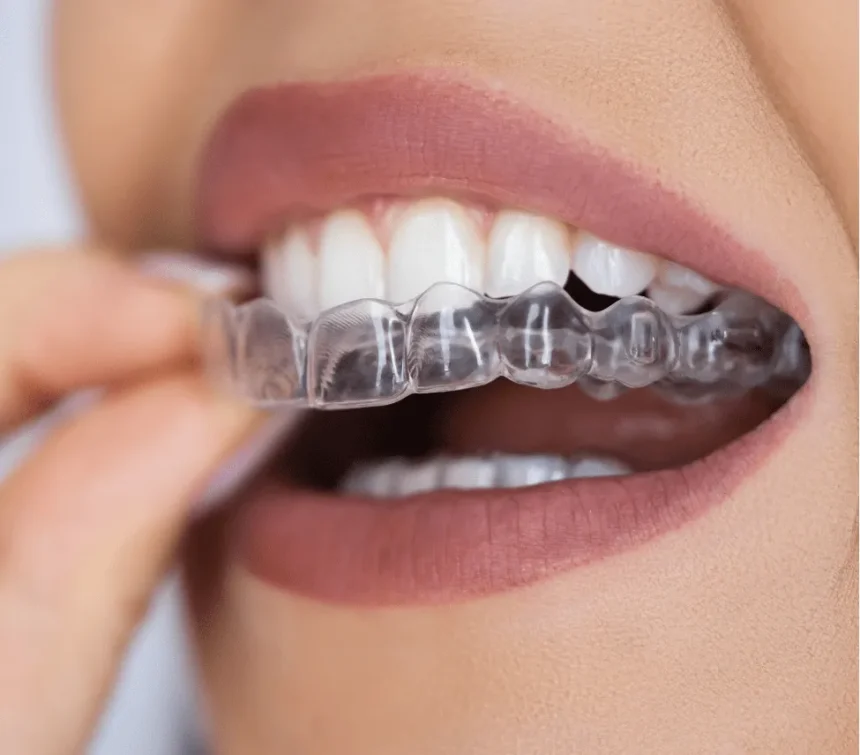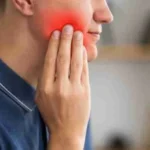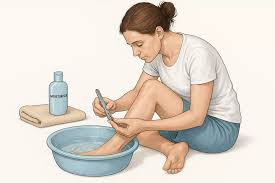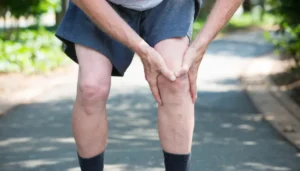Traumatic injuries to the mouth can have lasting effects on your teeth, gums, and overall oral health. From displaced teeth to damage affecting the jaw, these incidents require immediate and ongoing care to prevent long-term complications. Protecting your dental health after a traumatic injury involves timely intervention, consistent follow-up, and adopting proactive habits. Here’s more information on how to protect your dental health and support recovery:
Dental Traumatic Injuries Overview
A dental traumatic injury is any physical harm to your teeth, gums, mouth, or jaw. These injuries vary in severity, from a small chip in a tooth to complex issues. For instance, a dislodged tooth is one that has been partially moved from its socket or pushed deeper into it. Another serious injury is an avulsed tooth, which means the tooth has been completely knocked out of your mouth. Some traumatic injuries also affect teeth that have not fully developed, which is common in children. An injury can disrupt the growth of a tooth’s root. These situations require prompt attention and are regarded as dental emergencies.
Immediate Steps After Injury
When a dental injury occurs, taking prompt and appropriate steps improve the outcome and prevent further complications. Here are key steps to manage the situation effectively:
- Assess the Injury: Determine the severity of the injury and check for signs of bleeding, swelling, or knocked-out teeth.
- Rinse the Mouth: Gently rinse the mouth with warm water to clean the affected area and remove debris.
- Control Bleeding: Apply gentle pressure with a clean cloth or gauze to stop any bleeding.
- Handle Teeth Carefully: If a tooth is dislodged or knocked out, avoid touching the root and try to reinsert it into its socket. If this is not possible, store it in milk to preserve it.
- Apply a Cold Compress: Use a cold compress on the outside of the mouth to reduce swelling and alleviate pain.
- Seek Professional Help Immediately: Contact a dental professional or endodontic specialist as soon as possible for further evaluation and treatment.
Taking these measures quickly can reduce the risk of permanent damage and improve the likelihood of a successful recovery.
Extensive Treatment Options
Effective dental recovery depends on the severity and nature of the injury, and various treatment options are available to restore oral health. Restorative solutions are commonly used for damaged teeth. For severe traumatic injuries, surgical interventions may be required. This includes repositioning or stabilizing dislodged teeth, repairing fractures within the jaw, or performing tooth extractions when the damage is beyond repair.
Dental specialists play an integral role in managing and treating dental injuries. Endodontists specialize in procedures such as root canals and treating dental trauma involving the tooth pulp. Collaborating with these specialists makes sure that treatment is tailored to the patient’s specific needs, promoting the best possible outcomes.
Long-term Complication Prevention
Proper follow-up care after a traumatic dental injury is fundamental for preventing long-term complications. Your dentist or endodontist will provide you with specific instructions tailored to your treatment. It is helpful to follow these directions carefully to support the healing process. You may need to attend several follow-up appointments so your dentist can monitor the tooth and make sure it is healing correctly.
Maintaining good oral hygiene is also a key part of recovery. Gently brush and floss around the injured area as instructed by your dentist. Avoiding hard or chewy foods can also help protect the tooth from further damage while it heals.
Get Help for Traumatic Injuries
Dealing with traumatic injuries to your teeth can be stressful, but understanding the right steps to take can make a significant difference. Acting quickly and seeking professional care is the most effective way to protect your oral health. For dental emergencies and traumatic dental injuries, contact a trusted endodontic specialist in your area for immediate treatment and guidance.














